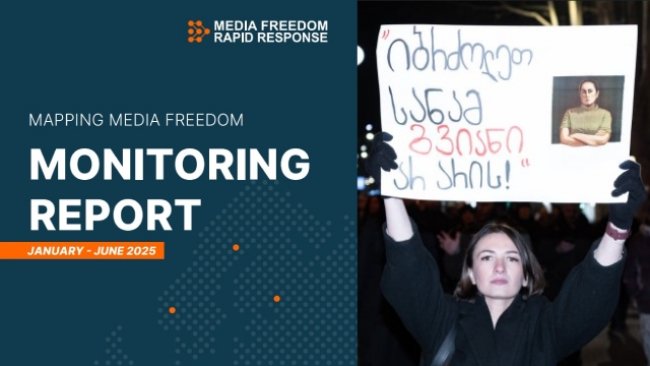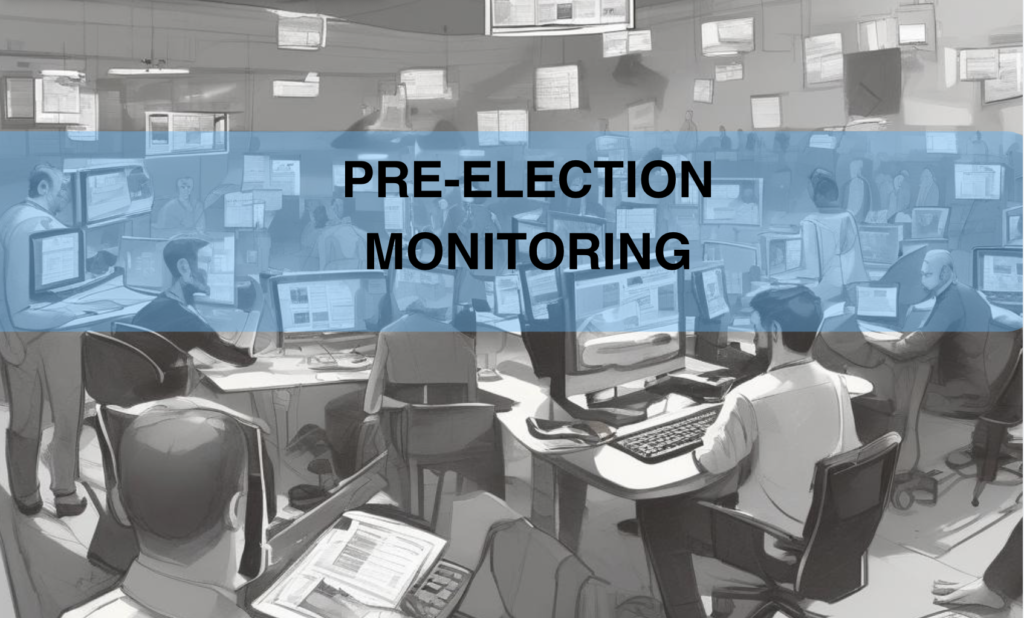The Communications Commission (ComCom) is legally defined as an independent regulatory body, intended to support a diverse media environment. Founded in 2000, the Commission describes itself as “an agency independent from all branches of government that protects consumer rights, regulates broadcasting and electronic communications, ensures market competition, and promotes innovative technologies for effective and accessible communication.”
In practice, however, the ComCom’s actions often stray from its stated mission. It regularly oversteps its legal boundaries, using its powers to control and limit non-governmental media. Many of its decisions favor the ruling political party, as shown by the high rate of rulings supporting complaints from this party.
The Commission’s lack of clear reasoning and vague practices create uncertainty, discouraging media from reporting freely. Heavy fines placed on media outlets strain their finances, impacting their ability to operate independently. The absence of strong legal grounds for many decisions only adds to concerns.
GDI pre-election report observes that the Commission’s actions increase risks of media censorship, especially around elections. Its broad and unclear interpretation of laws makes legal compliance difficult for media outlets, often leading to unpredictable consequences. The patterns in the Commission’s rulings strongly suggest it is being used as a tool for government censorship.
The Commission’s alignment with the ruling party’s agenda is especially concerning in a climate where critical media already face challenges: restrictive “Russian laws,” physical and verbal attacks on journalists, a rise in SLAPP lawsuits, and attempts by government officials to discredit the media.



